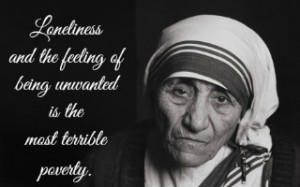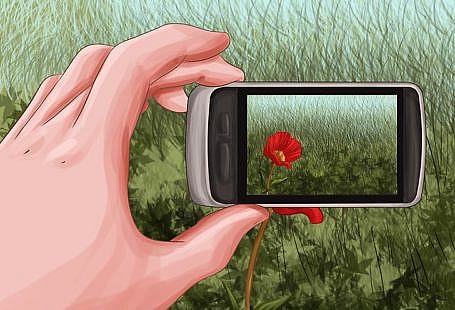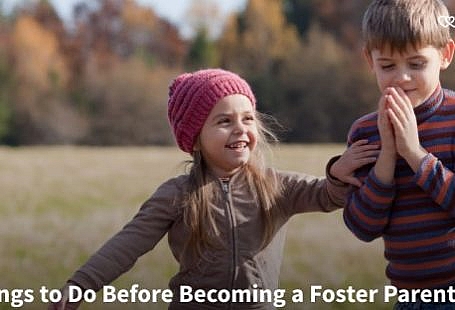At a recent Helping Without Hurting seminar, I learned several tips for counseling people in poverty. The more you learn about poverty, the more effective you’ll be as a counselor – even if you’re not counseling people who are materially poor.
Key thought: Poverty isn’t just about lack of money or materials. Poverty is broken relationships, not having a voice, not having the ability to make choices.
Poverty is also about lack of opportunities, shame, self-hatred, isolation, and despair. I found this seminar particularly interesting because I grew up in poverty. My mom is schizophrenic, and I lived in three foster homes as a child. We were on welfare most of the time.
I didn’t pursue counseling as a career until I was 43, because I didn’t think I could be a good counselor. I have a terrible self-image – I’m very insecure, full of self-doubt and negative self-talk. I didn’t realize until recently how badly poverty damages how we see ourselves, how valuable we feel we are, and whether we feel worthy to receive love, compassion, respect, and healthy relationships with others.
It’s important for counselors to realize how poverty affects people – and not just their own clients. If you’re a counselor who has personal experience with poverty, I encourage you to explore how your self-image, relationships, career, and health was (is) affected by poverty.
Counseling People in Poverty
The seminar I attended in Vancouver (Helping Without Hurting by Food for the Hungry) wasn’t about counseling people in poverty, but the main points are extremely helpful for counselors.
Learn the depth of poverty – not just the breadth. There is a material dimension to poverty, but people who are poor are more likely to define poverty in emotional, spiritual, and psychological terms. Here are some of the words people use to describe what it’s like to live in poverty: shame, humiliation, cripples, garbage, despair, degradation, isolation, inferiority, hopelessness, abandonment, rejection, illness.
Poverty is personal. How many of the words that describe the experience of poverty are about money, finances, budgets, or stuff? None. When you’re counseling people in poverty, remember that the emotional and spiritual dimensions of poverty are far more important than the material aspects. Dealing with shame in counseling is a huge component of getting healthy.
 Money isn’t a solution to the problem of poverty. If you define poverty as a lack of material things, then you give money or material stuff to alleviate the problems of poverty. But, we know that money doesn’t solve the poverty problem.
Money isn’t a solution to the problem of poverty. If you define poverty as a lack of material things, then you give money or material stuff to alleviate the problems of poverty. But, we know that money doesn’t solve the poverty problem.
Individuals and systems are both broken. When you’re a counselor to people in poverty, acknowledge that both the individual and the system is broken. This is partly why I chose to pursue a Master of Social work instead of a Master of Counseling degree; I believe our environment has a HUGE impact on who we are and how we interact. Thus, it’s important to consider the system when you’re counseling people in poverty.
The best tool a counselor has for people in poverty is empowerment. Humans need to work – we’re wired to contribute something, somehow, to the development of something. Instead of giving money (not that you as a counsel would give your clients money to help fight poverty…or would you?), focus on helping them develop their assets and resources. To learn more, read How to Help Clients Find Their Strengths.
What do you think – do you have any tips for counseling people living in poverty?




